Home>Gardening & Outdoor>Landscaping Ideas>When To Plant Grass Seed In Michigan
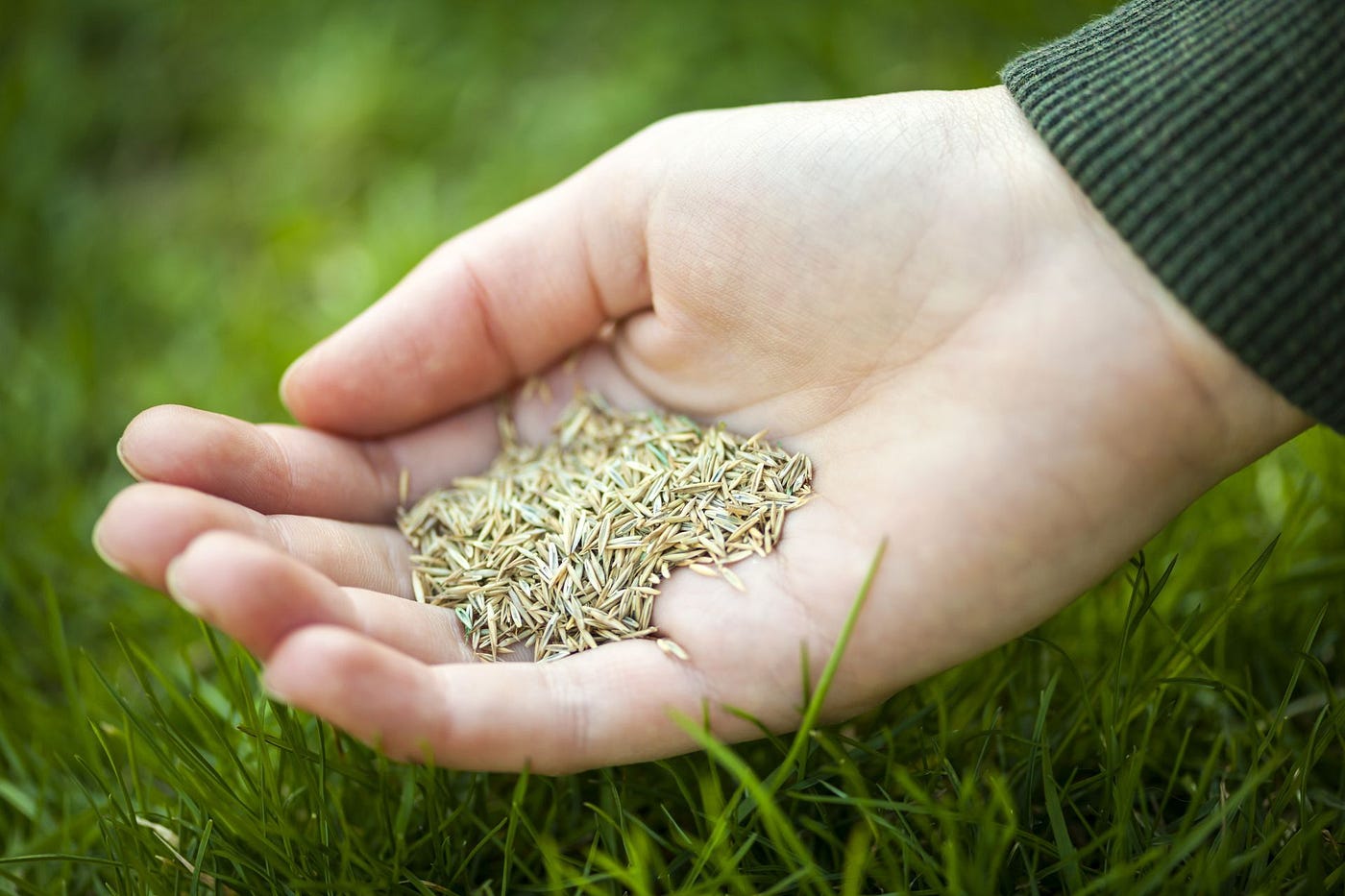

Landscaping Ideas
When To Plant Grass Seed In Michigan
Modified: March 20, 2024
Discover the best time for planting grass seed in Michigan with our expert landscaping ideas. Ensure a lush, healthy lawn with our tips and advice.
(Many of the links in this article redirect to a specific reviewed product. Your purchase of these products through affiliate links helps to generate commission for Storables.com, at no extra cost. Learn more)
Best Time to Plant Grass Seed in Michigan
Planting grass seed in Michigan requires careful consideration of the region’s climate and seasonal variations. The best time to sow grass seed in Michigan is during the late summer to early fall, typically from mid-August to late September. This timeframe allows the grass seed to germinate and establish strong roots before the harsh winter sets in.
Michigan’s climate is characterized by cold winters and moderate to warm summers, making the late summer to early fall period ideal for grass seed planting. During this time, the soil is still warm from the summer heat, which promotes seed germination, while the cooler air temperatures reduce the stress on young grass plants.
Additionally, planting grass seed in the late summer to early fall allows the seedlings to develop a robust root system before the onset of winter frost. This gives the grass a better chance of surviving the winter and thriving in the following spring.
Key Takeaways:
- The best time to plant grass seed in Michigan is late summer to early fall, allowing for strong root development before winter. Factors like soil temperature, grass species, and soil quality are crucial for successful growth.
- To maintain newly planted grass seed in Michigan, consistent watering, proper mowing, and weed control are essential. Patience and tailored care practices will help nurture a vibrant and resilient lawn.
Read more: When To Plant Grass Seed In Michigan
Factors to Consider Before Planting Grass Seed
Before planting grass seed in Michigan, several factors should be taken into account to ensure successful germination and growth. Understanding these key considerations can significantly impact the overall health and vitality of the newly planted grass.
- Soil Temperature and Moisture: It is essential to assess the soil temperature and moisture levels before planting grass seed. Ideally, the soil temperature should be consistently above 50°F for successful germination. Adequate moisture in the soil is also crucial for seed establishment and early growth.
- Grass Species Selection: Michigan’s diverse climate zones require careful selection of grass species that are well-suited to the specific region. Cool-season grasses such as Kentucky bluegrass, fine fescue, and perennial ryegrass thrive in Michigan’s climate, providing excellent options for homeowners and landscapers.
- Sunlight and Shade: Assessing the sunlight and shade patterns in the planting area is vital for choosing the right grass species. Some grass varieties thrive in full sun, while others are more shade-tolerant. Understanding the light conditions will help determine the most suitable grass seed for optimal growth.
- Soil Quality and pH: Conducting a soil test to evaluate the soil’s quality and pH levels is crucial before planting grass seed. Michigan soils vary in composition and pH, and certain grass species may require specific soil conditions to thrive. Amending the soil as needed based on the soil test results can greatly enhance the success of the grass seed.
- Weed and Pest Control: Addressing potential weed and pest issues before planting grass seed is essential for preventing competition and damage to the newly established grass. Implementing effective weed control measures and pest management strategies can help create a favorable environment for the grass seed to flourish.
Considering these factors before planting grass seed in Michigan sets the stage for a successful and resilient lawn, ensuring that the newly sown grass thrives in its unique regional environment.
Steps to Planting Grass Seed in Michigan
Planting grass seed in Michigan involves a series of essential steps to ensure optimal germination and establishment. By following these guidelines, homeowners and landscapers can create lush, healthy lawns that thrive in Michigan’s diverse climate.
- Prepare the Soil: Begin by preparing the planting area, which involves removing any debris, rocks, and existing vegetation. Loosen the soil to a depth of 2-3 inches to create a favorable environment for seed germination and root growth.
- Conduct a Soil Test: Obtain a soil test kit to assess the soil’s pH and nutrient levels. Based on the test results, amend the soil as necessary to create an optimal growing environment for the grass seed.
- Choose the Right Grass Seed: Select high-quality grass seed that is well-suited to Michigan’s climate and soil conditions. Consider factors such as sun exposure, shade tolerance, and maintenance requirements when choosing the appropriate grass species for the planting area.
- Sow the Grass Seed: Evenly distribute the grass seed over the prepared soil using a broadcast spreader or by hand. Follow the recommended seeding rates for the specific grass species to achieve uniform coverage and optimal germination.
- Rake and Press the Seed: Gently rake the seeded area to lightly cover the grass seed with soil, ensuring good seed-to-soil contact. Use a lawn roller or gently press the soil to improve seed adhesion and promote germination.
- Water the Seeded Area: After planting the grass seed, thoroughly water the area to ensure the soil is evenly moist. Maintain consistent moisture levels, avoiding excessive saturation or drying out, to support germination and early seedling growth.
- Implement Mulch and Protection: Consider using a light layer of mulch or straw to retain soil moisture and protect the newly planted grass seed from birds and environmental stressors. Be mindful of potential erosion and take measures to prevent soil displacement.
- Monitor and Maintain: Regularly monitor the seeded area, keeping the soil consistently moist until the grass seed germinates and establishes. As the grass seedlings emerge, gradually transition to a regular watering schedule and implement proper lawn care practices to promote healthy growth.
By following these steps, individuals can effectively plant grass seed in Michigan, setting the stage for a vibrant and resilient lawn that thrives in the region’s unique environmental conditions.
The best time to plant grass seed in Michigan is in the late summer or early fall, between mid-August and mid-September. This allows the seeds to establish before winter and gives them a head start for the following spring.
Tips for Maintaining Newly Planted Grass Seed
After planting grass seed in Michigan, proper maintenance is crucial to support the healthy establishment and growth of the newly sown grass. Implementing effective care practices will contribute to a lush and resilient lawn that thrives in Michigan’s climate.
- Watering: Maintain consistent soil moisture by watering the newly seeded area lightly and frequently. Avoid overwatering, which can lead to seed displacement, and ensure the soil remains consistently moist until the grass seedlings are well established.
- Mowing: Once the newly planted grass reaches a height of 3-4 inches, it can be mowed for the first time. Use a sharp mower blade and adhere to the recommended mowing height for the specific grass species to promote healthy growth and density.
- Fertilization: Apply a high-quality starter fertilizer to provide essential nutrients for the developing grass seedlings. Follow the manufacturer’s recommendations and consider the results of the soil test to determine the appropriate fertilizer application for the newly planted grass.
- Protection from Traffic: Minimize foot traffic and avoid heavy equipment on the newly seeded area to prevent soil compaction and damage to the emerging grass seedlings. Establish clear boundaries and consider temporary barriers to protect the young grass.
- Weed Control: Monitor the seeded area for weed growth and address any emerging weeds promptly. Consider using selective herbicides that are safe for the specific grass species planted to prevent weed competition without harming the newly established grass.
- Monitoring and Patience: Regularly inspect the newly planted grass for signs of growth and development. Exercise patience, as it may take several weeks for the grass seedlings to establish and fill in the planting area. Be attentive to the changing needs of the young grass as it matures.
- Adjusting Care Practices: As the newly planted grass matures, adjust watering, mowing, and fertilization practices based on the specific requirements of the grass species and the environmental conditions in Michigan. Tailoring care practices will support the long-term health and vitality of the lawn.
By following these maintenance tips, individuals can nurture the newly planted grass seed, fostering its development into a thriving and resilient lawn that enhances the beauty of Michigan’s landscape.
Conclusion
Planting and nurturing grass seed in Michigan is a rewarding endeavor that can result in a vibrant and resilient lawn tailored to the region’s unique climate and environmental conditions. By understanding the best time to plant grass seed, considering essential factors before planting, following proper planting steps, and implementing effective maintenance practices, individuals can cultivate lush and healthy lawns that thrive in Michigan’s diverse landscape.
Michigan’s late summer to early fall timeframe provides an optimal window for planting grass seed, allowing for robust root development before the onset of winter. Factors such as soil temperature, grass species selection, sunlight exposure, soil quality, and pest control should be carefully evaluated to create an ideal environment for successful grass seed germination and growth.
When planting grass seed in Michigan, it is essential to meticulously prepare the soil, choose the right grass seed, and follow proper seeding and watering techniques to promote healthy establishment. Additionally, ongoing maintenance, including watering, mowing, fertilization, and weed control, plays a crucial role in nurturing the newly planted grass and ensuring its long-term vitality.
By adhering to these guidelines and investing care and attention into the process, individuals can create lush, resilient lawns that enhance the natural beauty of Michigan’s landscapes. Through thoughtful planning and dedicated maintenance, the newly planted grass seed can flourish, providing a vibrant and inviting outdoor space for homeowners and communities across Michigan.
Ultimately, planting and maintaining grass seed in Michigan is a testament to the harmonious relationship between nature and human stewardship, resulting in the creation of flourishing, sustainable landscapes that enrich the local environment and bring joy to those who experience their beauty.
Frequently Asked Questions about When To Plant Grass Seed In Michigan
Was this page helpful?
At Storables.com, we guarantee accurate and reliable information. Our content, validated by Expert Board Contributors, is crafted following stringent Editorial Policies. We're committed to providing you with well-researched, expert-backed insights for all your informational needs.
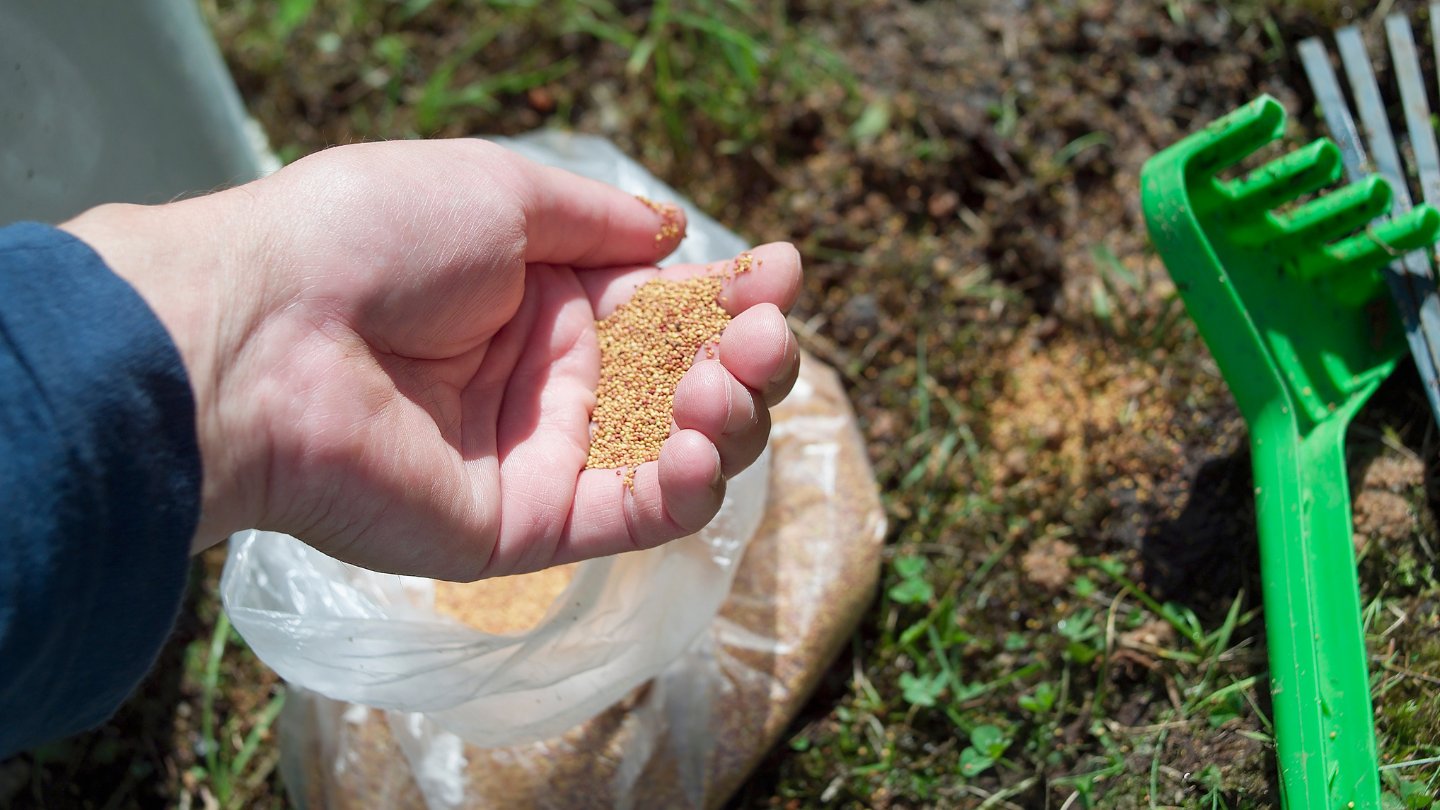

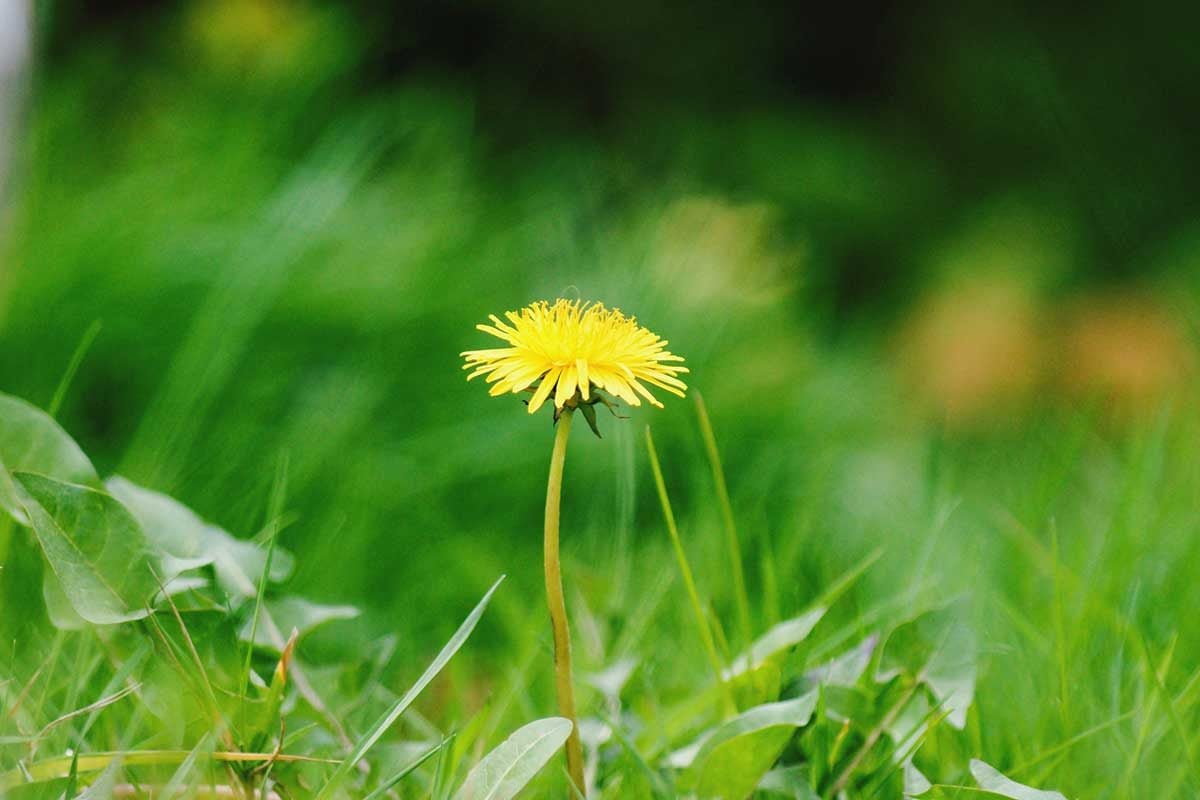

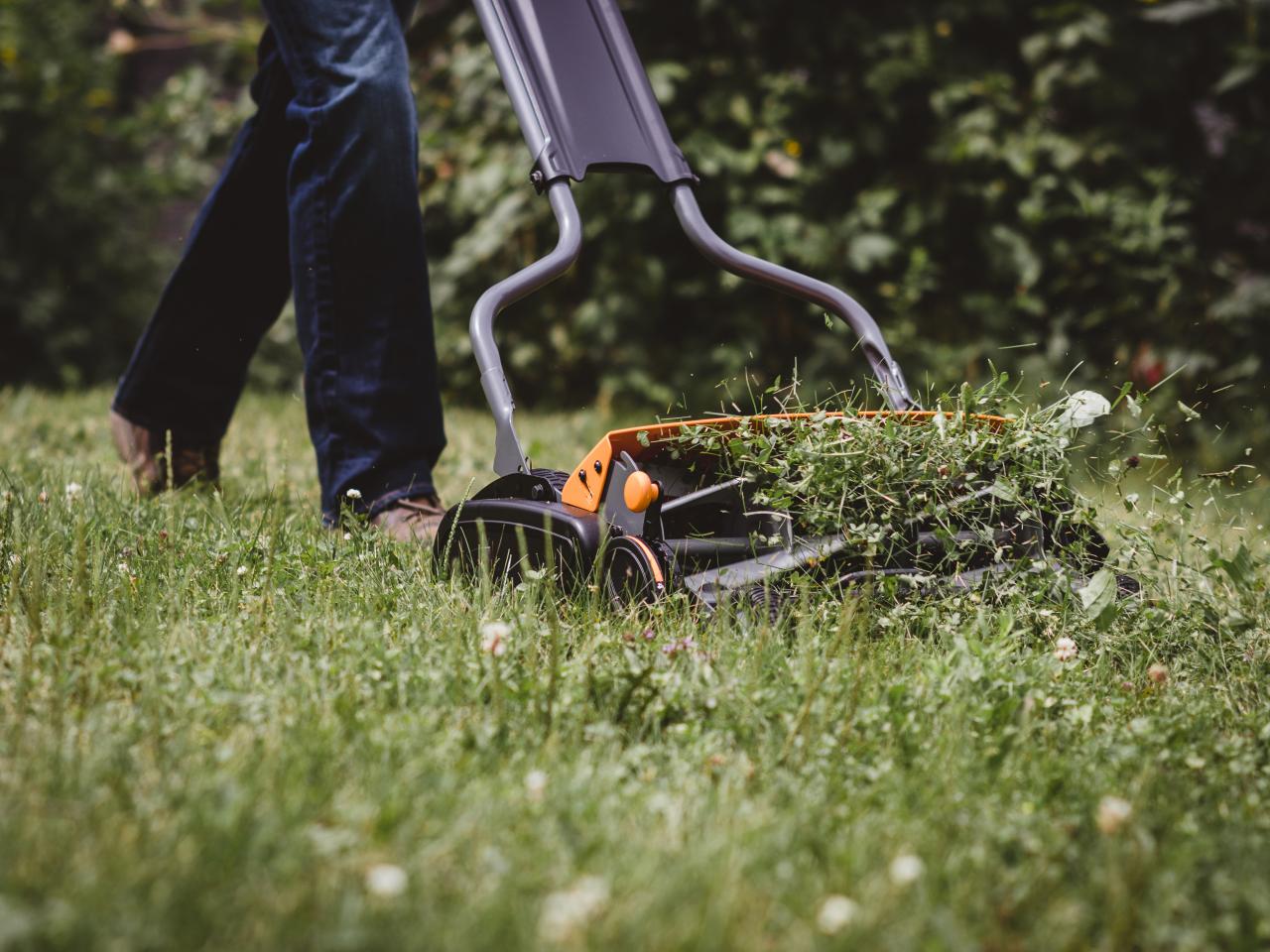
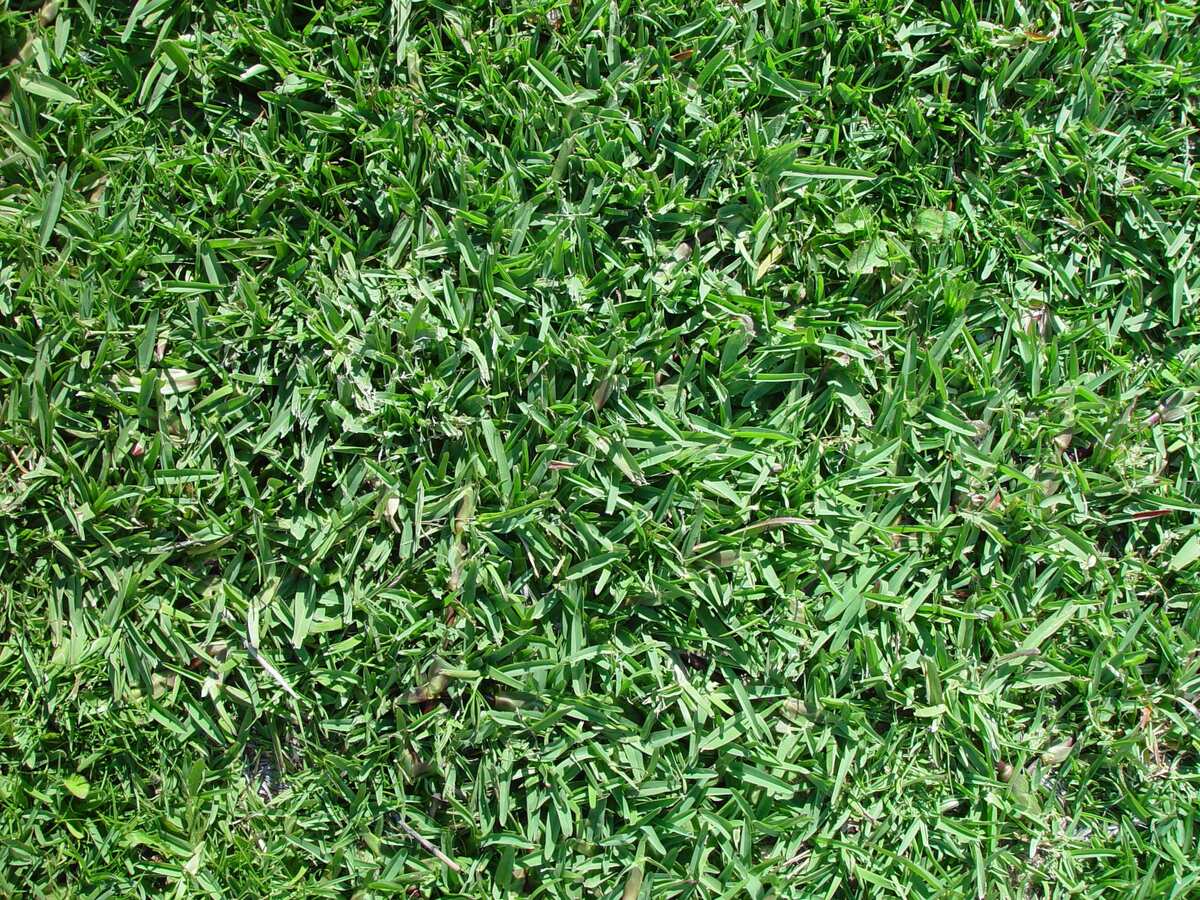
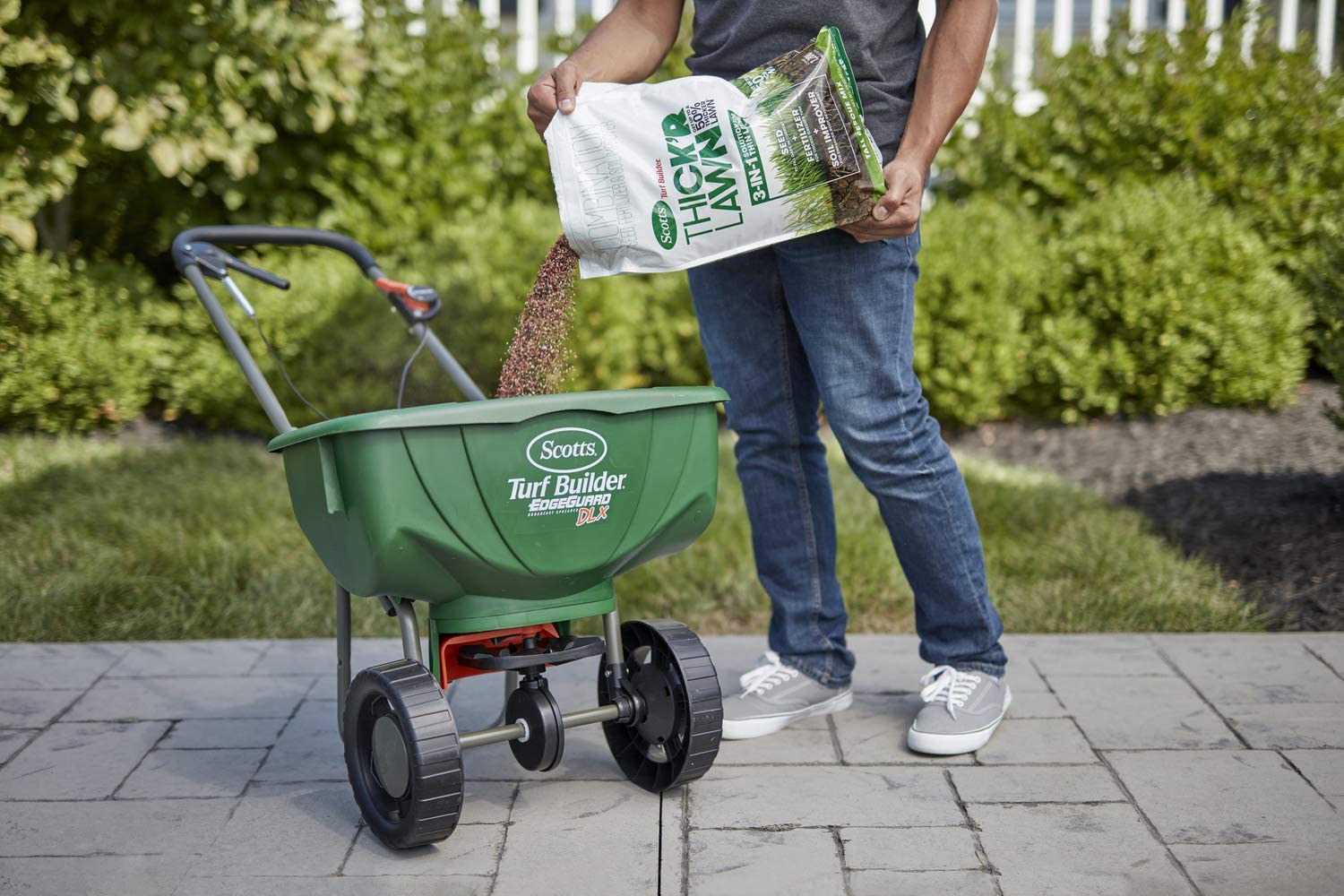
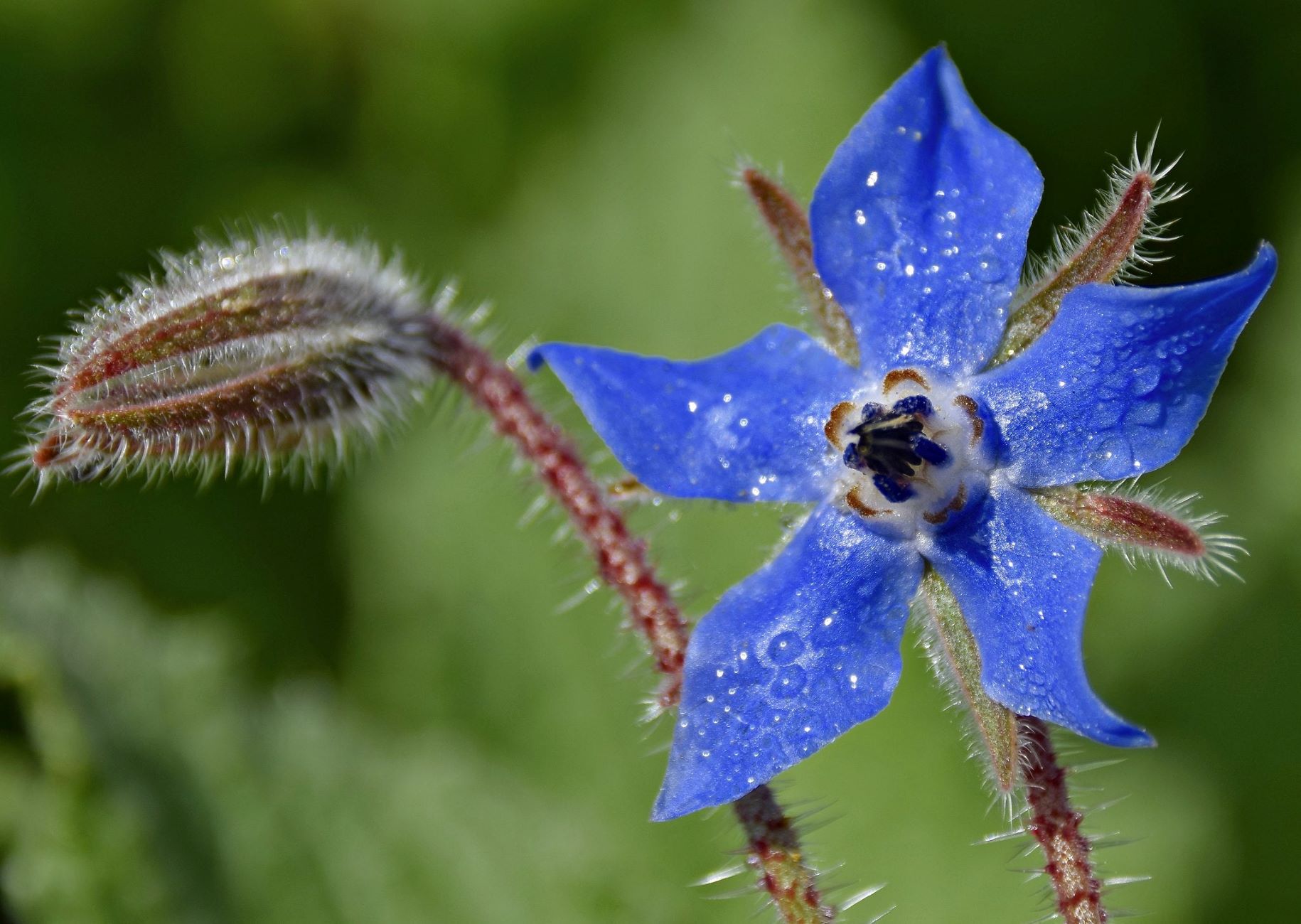
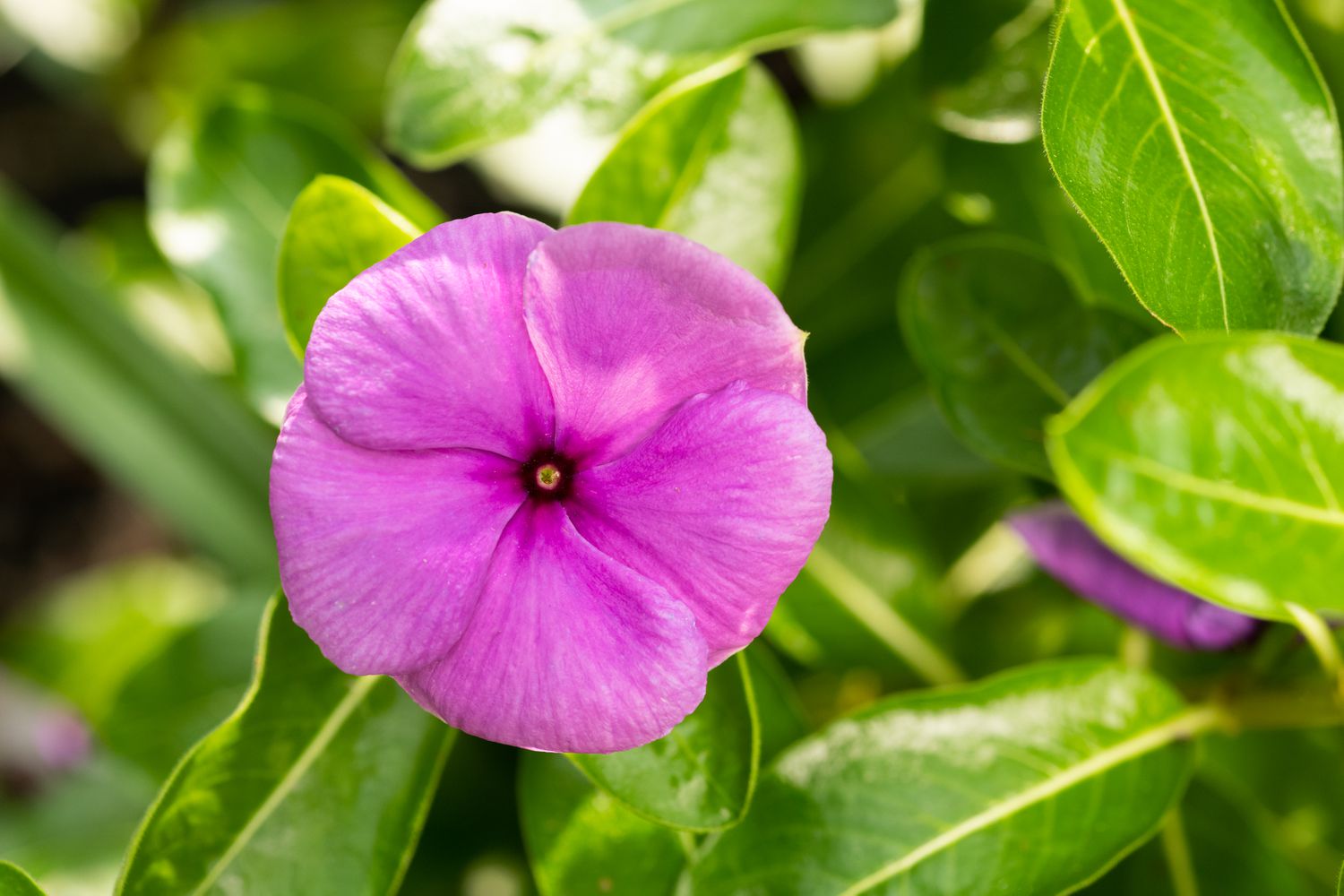

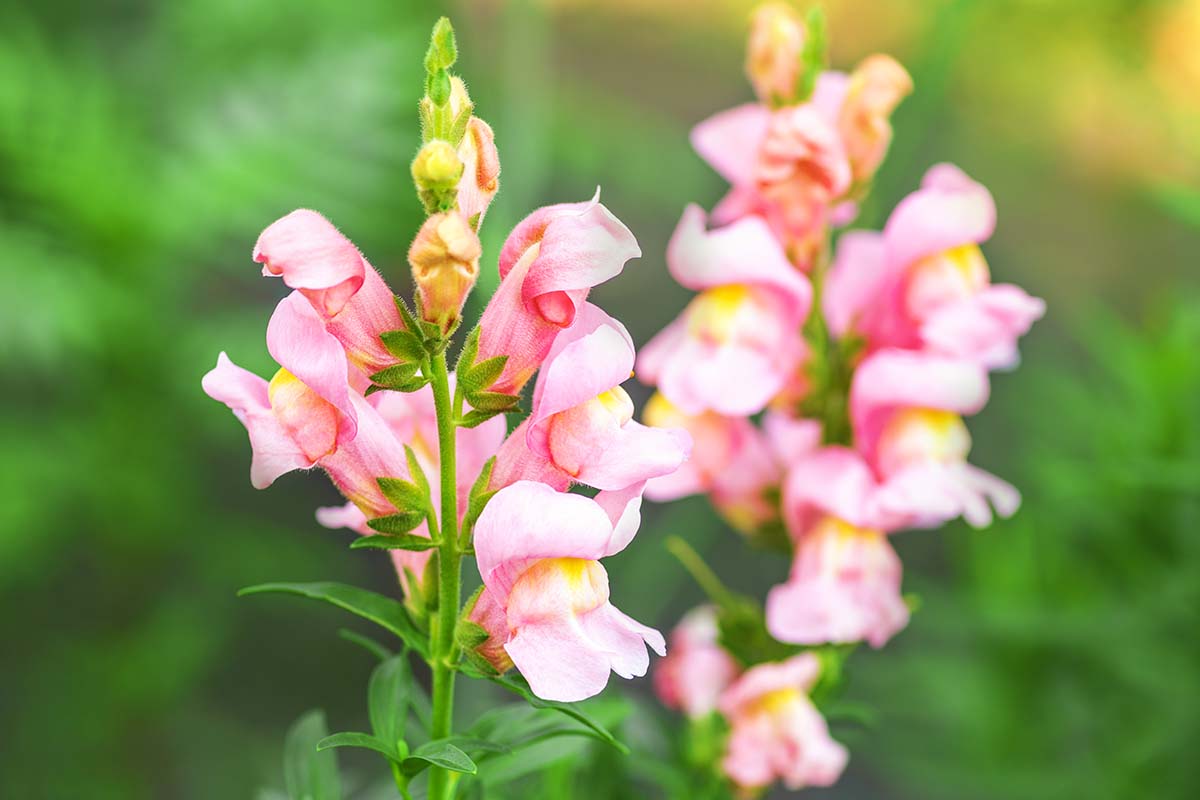
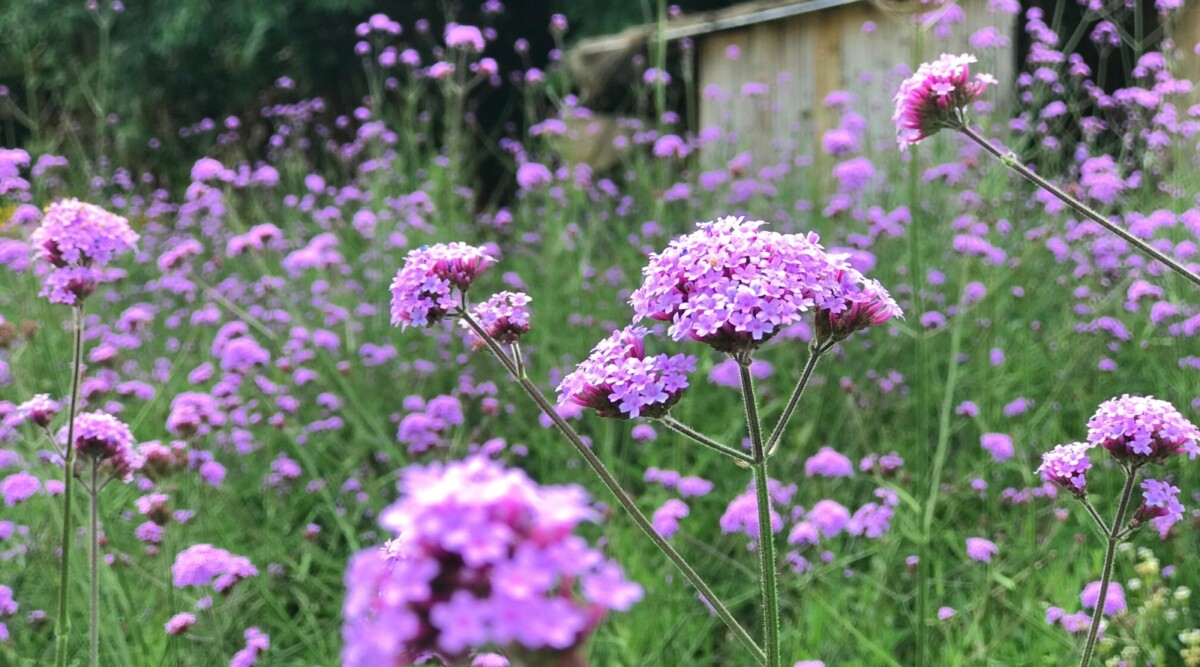

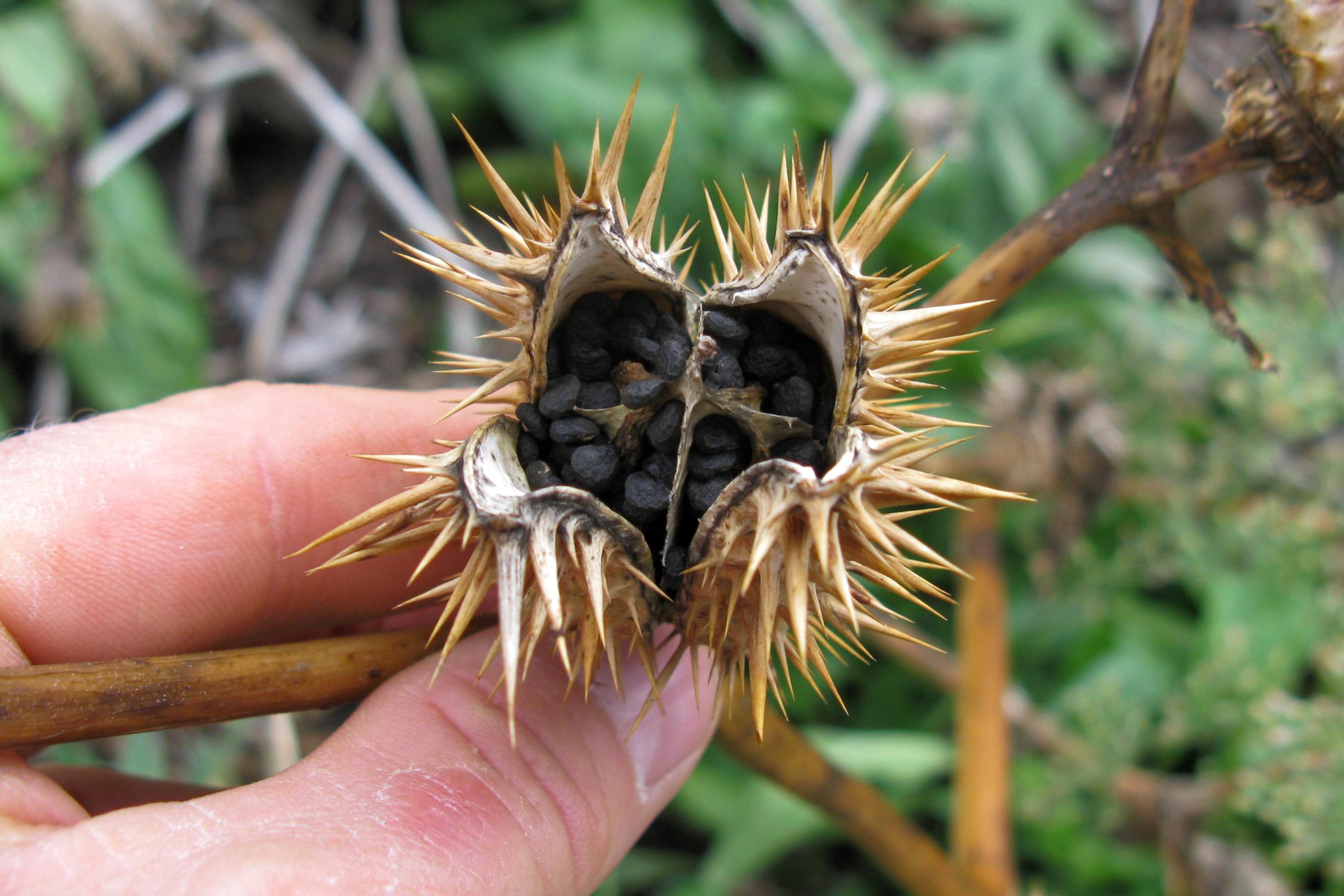


0 thoughts on “When To Plant Grass Seed In Michigan”